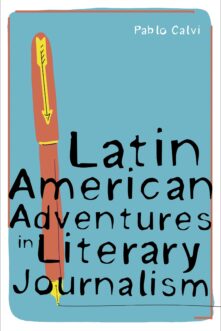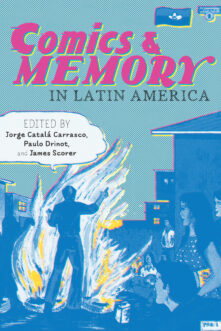Literary Criticism / Caribbean & Latin American
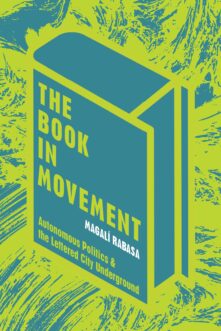

The Book in Movement
Autonomous Politics and the Lettered City Underground
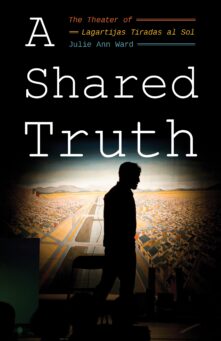

A Shared Truth
The Theater of Lagartijas Tiradas al Sol
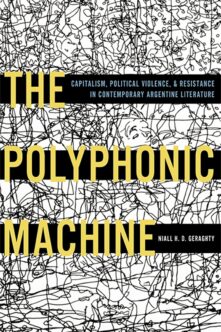

The Polyphonic Machine
Capitalism, Political Violence, and Resistance in Contemporary Argentine Literature
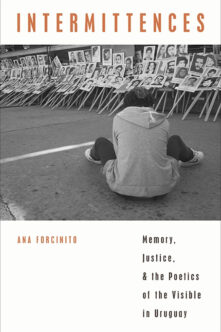

Intermittences
Memory, Justice, and the Poetics of the Visible in Uruguay
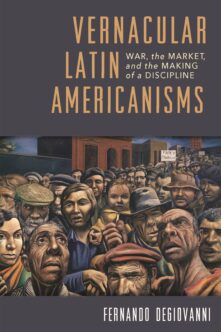

Vernacular Latin Americanisms
War, the Market, and the Making of a Discipline
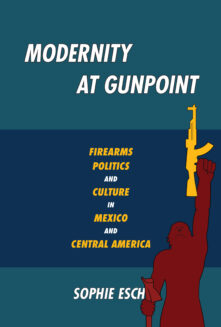

Modernity at Gunpoint
Firearms, Politics, and Culture in Mexico and Central America
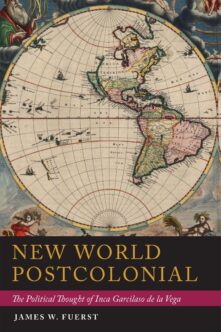

New World Postcolonial
The Political Thought of Inca Garcilaso de la Vega
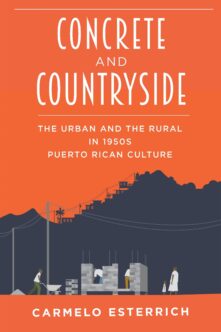

Concrete and Countryside
The Urban and the Rural in 1950s Puerto Rican Culture
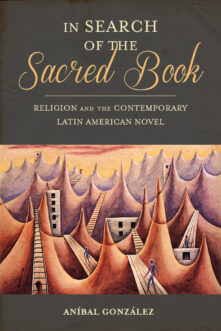

In Search of the Sacred Book
Religion and the Contemporary Latin American Novel
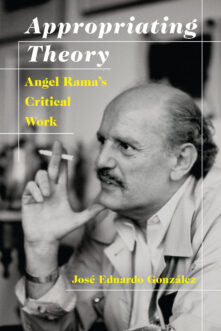

Appropriating Theory
Angel Rama's Critical Work
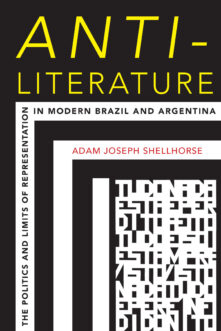

Anti-Literature
The Politics and Limits of Representation in Modern Brazil and Argentina
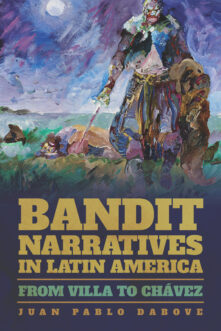

Bandit Narratives in Latin America
From Villa to Chávez
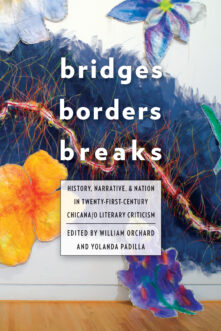

Bridges, Borders, and Breaks
History, Narrative, and Nation in Twenty-First-Century Chicana/o Literary Criticism
Total 41 results found.


